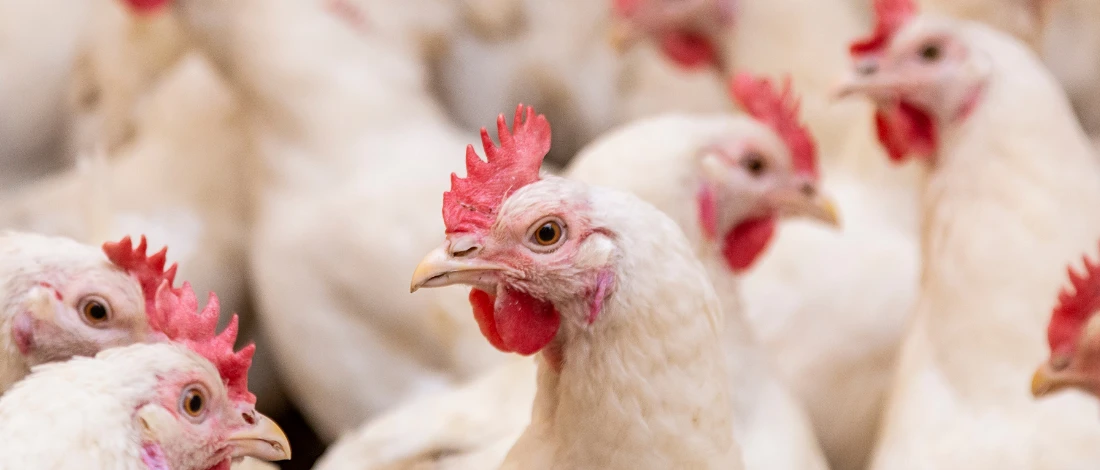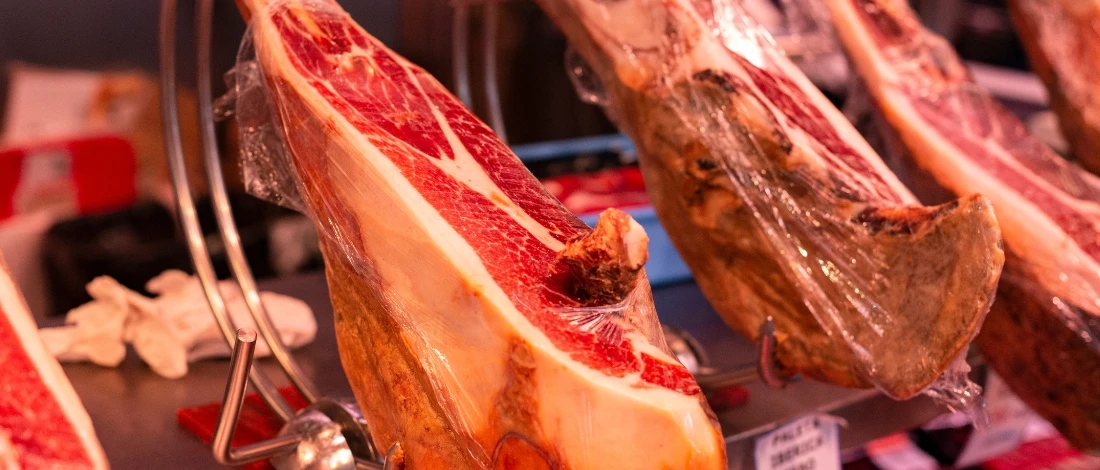Gen Z Leading the Way in Meat Consciousness and Ethical Eating
A recent study of 2,000 Britons has unveiled a growing divide in attitudes toward meat consumption between generations.
Gen Z is increasingly mindful of the origins and ethical implications of their food choices, with a significant number reconsidering traditional dietary habits.
Gen Z’s Ethical Shift
The study found that 27% of individuals aged 18-24 often contemplate where their food comes from, compared to just 11% of those over 65.
Furthermore, 32% of young adults expressed a desire to learn more about farming processes, while 56% voiced concerns about animal treatment in the meat industry. This generational gap highlights a shift toward ethical awareness and informed choices.
A Viva! spokesperson noted, “It’s really interesting to see how attitudes to meat consumption vary depending on generation.”
They added, “Our survey shows how the younger generations are keener to know about where the food they are eating is coming from – and this could even put them off including it as part of their diet.”
Guilt and Tradition
Interestingly, two-thirds of participants admitted they only eat meat because it was part of their upbringing. Yet, the same proportion confessed they would feel guilty if they considered how meat reaches their plates.
Among Gen Z, 40% stated they might avoid meat altogether if they were more informed about factory farming methods.
The spokesperson emphasized, “This could be the start of a new wave of eating, better for the environment and our animals.”
What This Means for the Future
The findings suggest that younger generations are leading a shift toward more conscious eating habits. As they demand transparency in food production, this trend could influence farming practices and consumer choices.
With ethical eating on the rise, the future of meat consumption might be more sustainable and humane.
Explore more about ethical meat practices and how the industry is evolving to meet growing demands—visit our homepage for insights.






